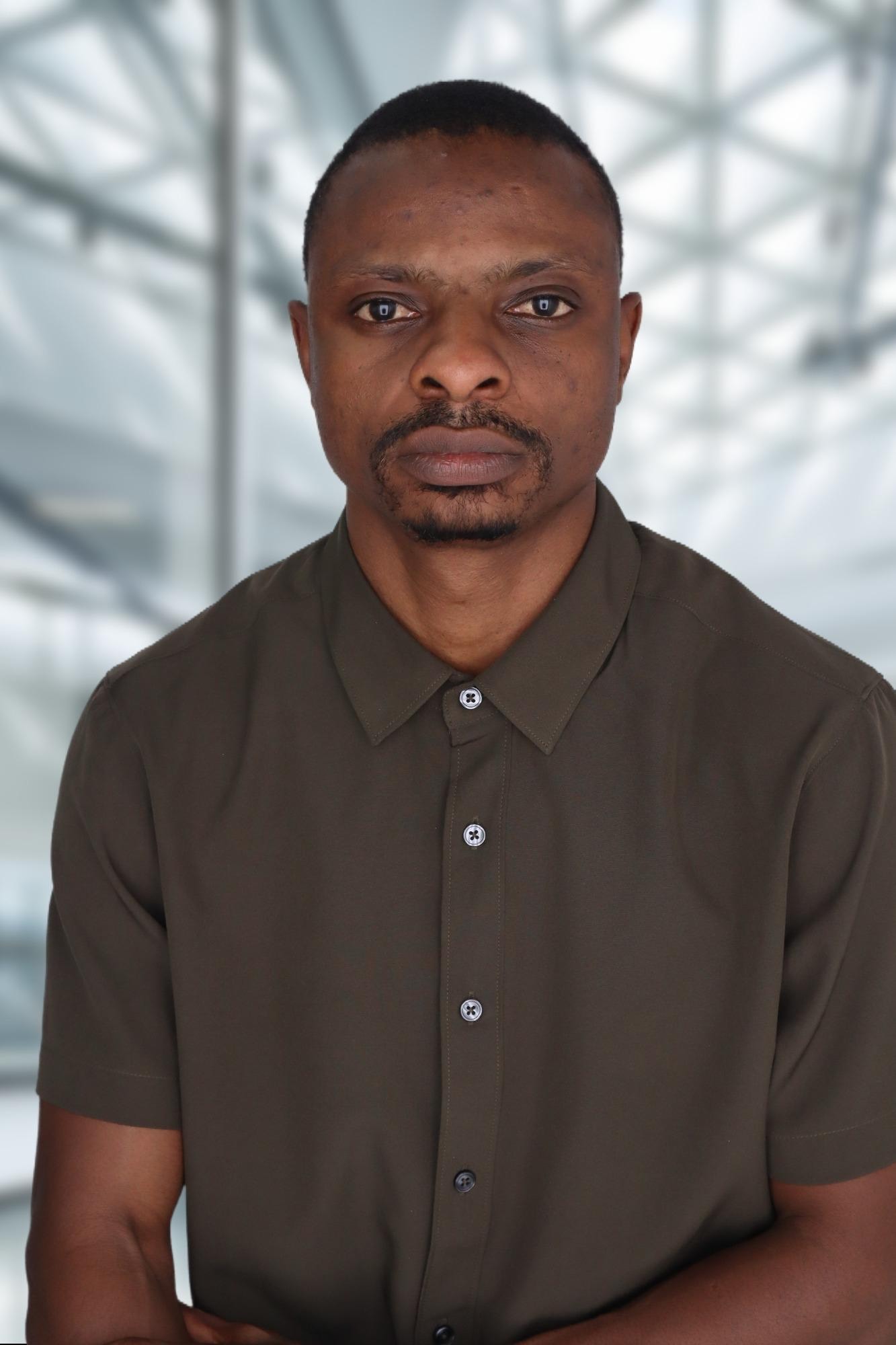 |
Kabiru Amusa
Kabiru Babatunde Amusa is a PhD student in the Department of History at the University of Miami. His primary area of focus is African history, especially Precolonial and Colonial history of Africa. His research interests include Social and Environmental history. He is primarily interested in how British colonial forest policies altered indigenous livelihoods in Nigeria in the colonial
period.
Kabiru has a BA (2016) and MA (2021) in History from the University of Ibadan, Nigeria and a second MA (2023) in African Studies from Ben-Gurion University of the Negev, Israel. He has presented papers at many international conferences and has won many fellowships and grants, such as the Ben Gurion University Department of History Summar Research Grant (2022), Tamar Golan African Studies Centre Research Grant (2022), the University of Miami Dean’s Fellowship (2024-2026), and the Center for Global Black Studies Summer Research Grant (2025).
Kabiru is a member of various professional associations, such as the African Studies Association, the American Historical Association, Global History Lab, History Dialogue Program, West African Research and Innovation Management Association, and the Lagos Studies Association. He has published peer-reviewed journal articles, a book chapter, and a digital article. He is currently working on an article, “Creative Destruction”: The Impact of Western Conservation on Indigenous Economy in Colonial Southwestern Nigeria, 1900-1950. He is working with Professor Edmund Abaka as his Advisor. Kabiru can be reached by email at kba54@miami.edu
|
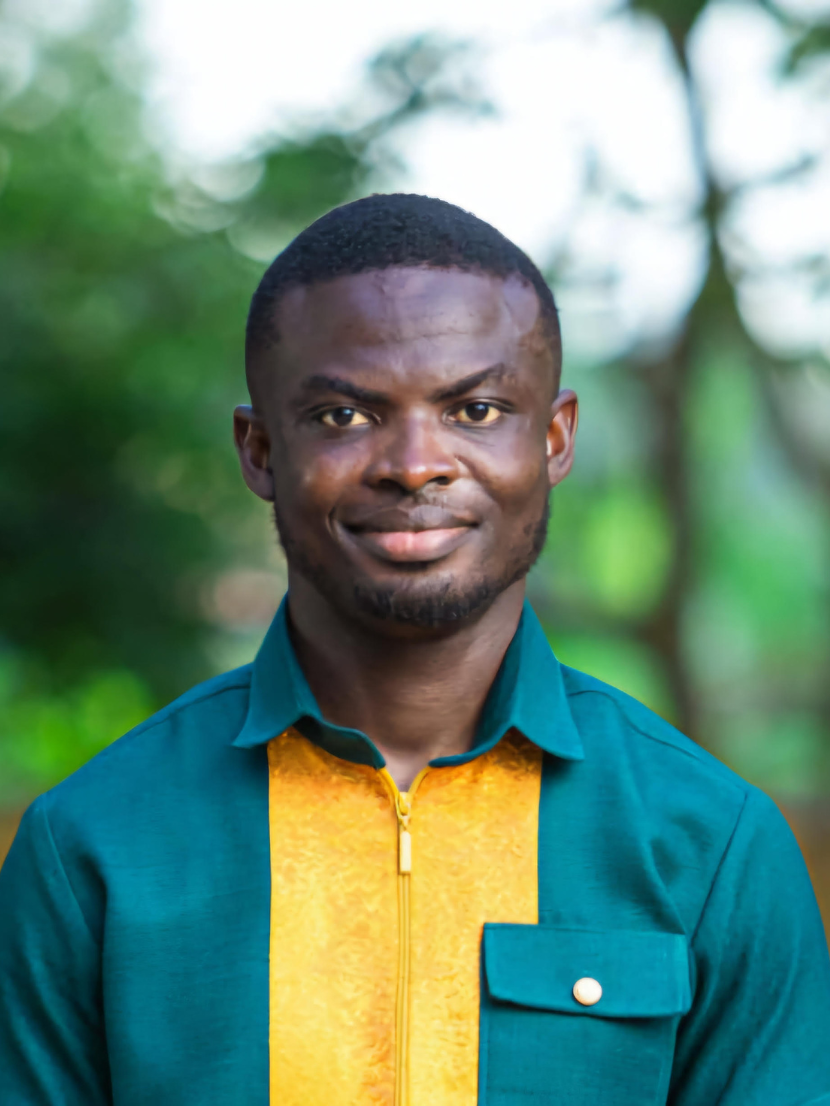 |
Frimpong Nana Asamoah
Frimpong Nana Asamoah is a Ph.D. Candidate in African History at the Department of History, University of Miami. His research focuses on the interconnections between colonialism, mining, the environment, and culture in West Africa. In 2019, he completed his Bachelor's in History at the University of Cape Coast in Ghana. He authored the chapter “An Indigenous Innovative Touch: The Kente Cloth and Its Significance in Asante Culture" in Asanteworld, as well as "The Search for West Africa’s Neglected El-Dorado: Mapping and Sustaining Mining Frontiers in the Gold Coast, Ghana." In 2023, he received the Richard A. Horovitz Fund for Professional Development. Currently, he is working on his dissertation titled “A City Distinct from a Miner’s Camp: Colonialism, Mining, Environment and Mal-Development in Obuase, Ghana, 1895- 1970," which explores the links between imperial power, economic development, and environmental change in Obuase, West Africa's largest gold mining town during the twentieth century.
email- fna28@miami.edu
|
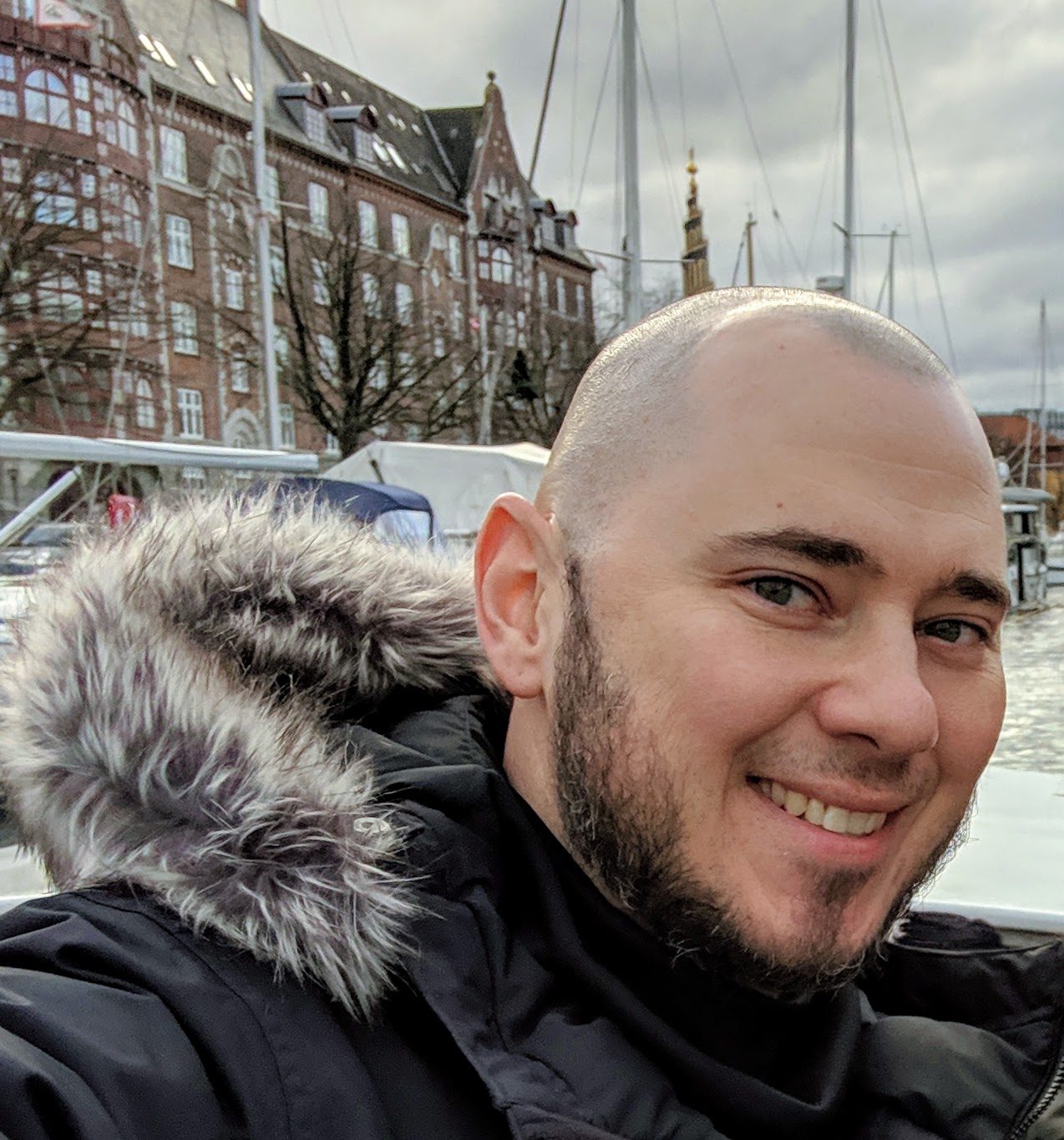 |
Jason Fontana
Jason is a fourth-year doctoral student advised by Dr. Robin F. Bachin. His interests include modern U.S. history, transnational connections, and the popular culture that springs from those interactions. He is intrigued by the patterns and systems that influence the creation of pop-culture and how these may act as structures of power, community, and identity. Jason graduated with his B.A. summa cum laude from Florida International University in 2018 and his M.A. in 2019. He is a Hispanic Serving Institution (HSI) Pathways to the Professoriate Fellow, an Institute for the Recruitment of Teachers (IRT) Fellow and has won several awards for his published works of fiction, short non-fiction, and poetry. He supports Chelsea Football and listens to Motown. Jason may be reached at jgf59@miami.edu
|
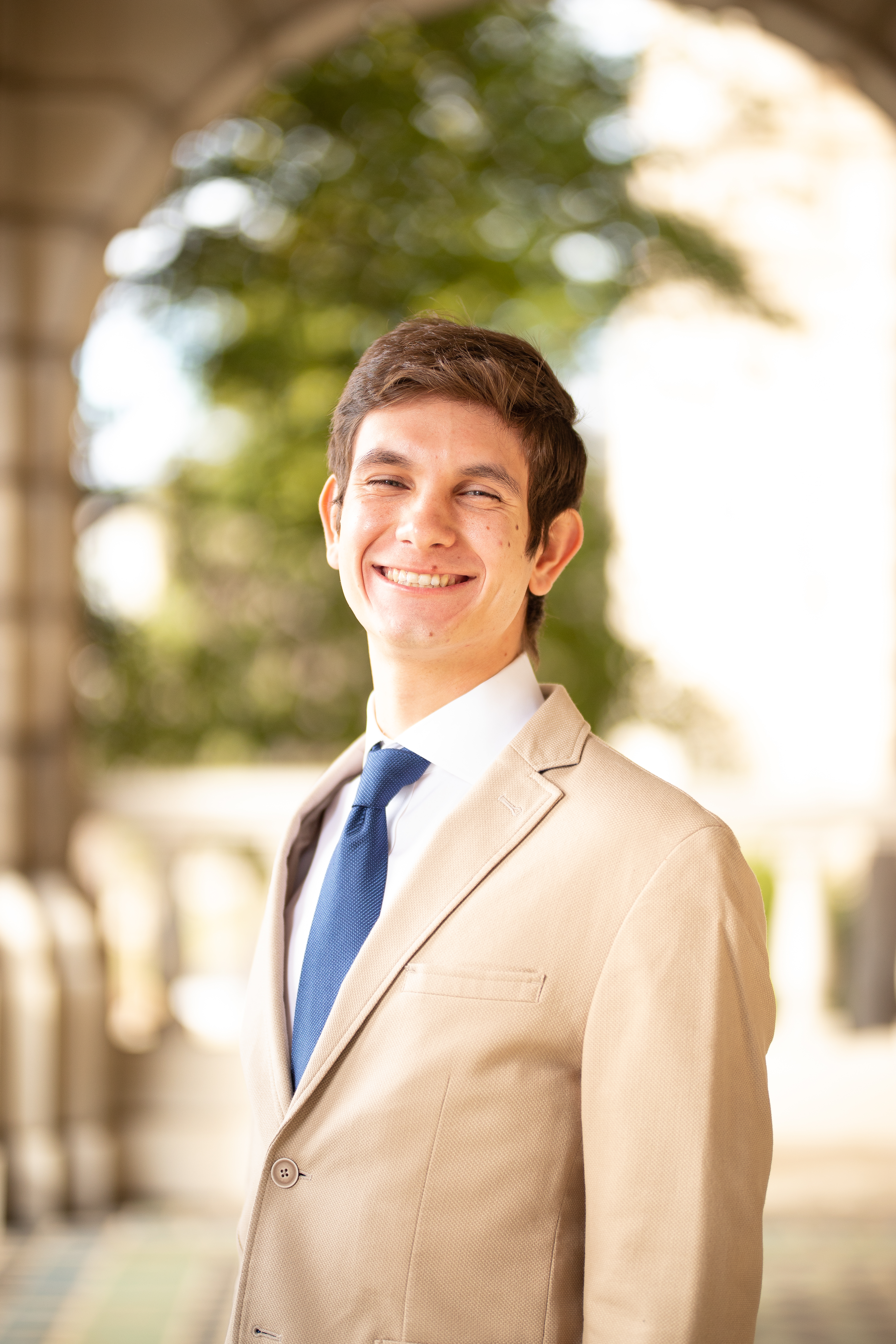 |
Daniel Formella
Daniel is a doctoral student at the University of Miami who studies Latin America during the Cold War. He specializes in twentieth-century Peruvian guerrilla movements, particularly the Shining Path. Daniel wants to examine how Marxist movements can function as a pseudoreligion, giving their members a sense of purpose and direction. He earned his Bachelor of Arts in history from the Catholic University of America. He is advised by Dr. Eduardo Elena and Dr. Michael Bustamante. He can be reached at: dff23@miami.edu
|
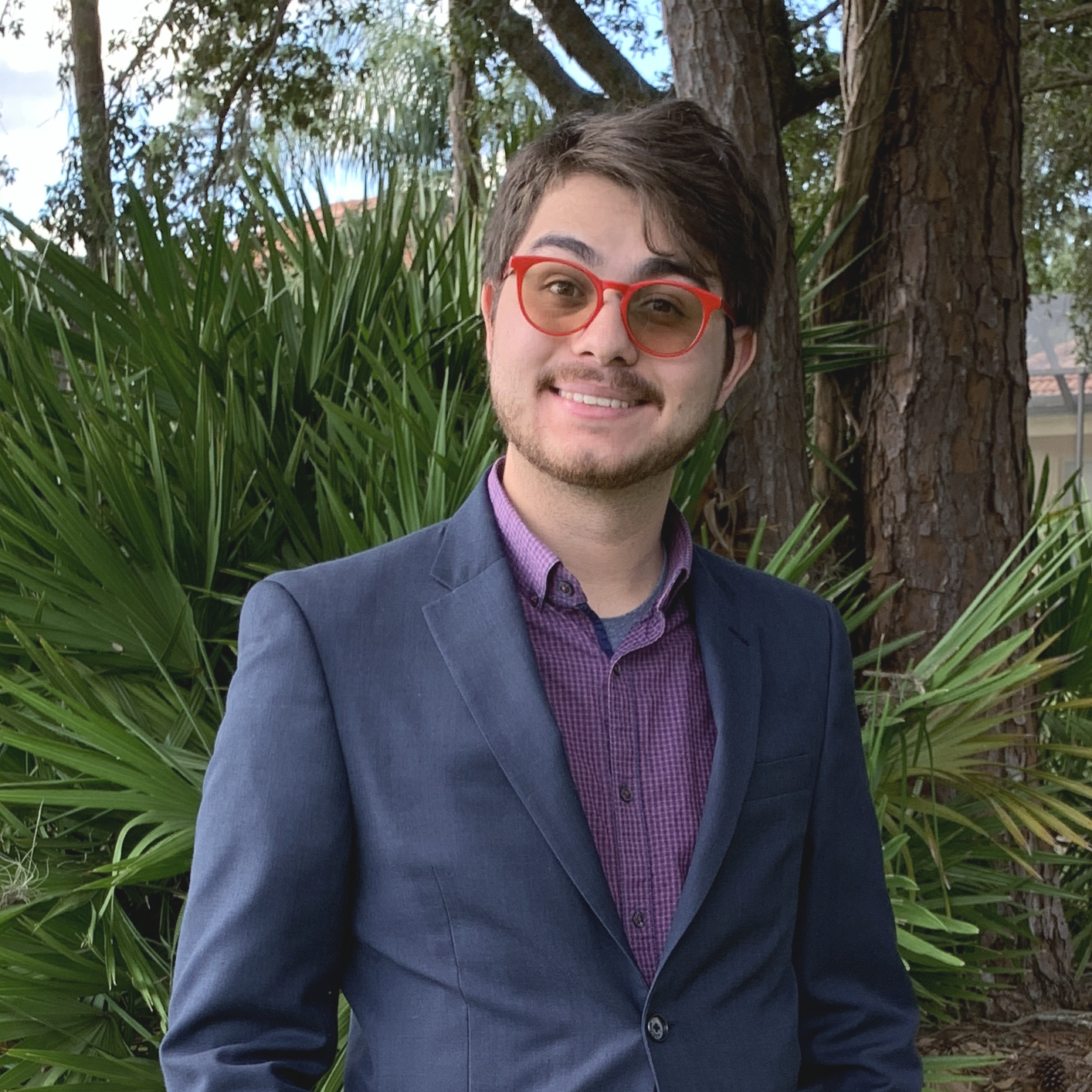 |
Arturo Gonzalez
Arturo Gonzalez is a fourth-year doctoral candidate and 2024-2026 Dean’s Fellow in the University of Miami Department of History. His dissertation project, “Cuban Colonies: Transnational Statecraft and Émigré Nationalisms of the Cuban Republic, 1898–1961,” investigates transnational political, social, and economic exchanges between the Cuban diaspora and governments of Cuba during the republican era. Focusing on Cuban consulates as key nexus points between émigrés and the Cuban state, the dissertation explores how historical actors negotiated the contours of Cuban national identity in the so-called “colonies” (that is, ethnic enclaves of Cubans living abroad, especially in the U.S.) The project examines how agents of the republic sought to co-opt this force to legitimize successive administrations in Havana, while émigrés themselves attempted to claim material and social privileges owed to them as patriotic citizens, sometimes resorting to forceful or clandestine interventions in Cuba’s domestic political crises.
Arturo has worked in repositories across the US and Cuba, having notably handled declassified diplomatic correspondence in the Archivo Nacional de Cuba and the Archivo MINREX (archive of the Cuban Ministry of Foreign Affairs). His areas of expertise are in immigration history, transnational history, modern Latin American history, and the history of the modern United States. He has assisted in teaching courses on the US After 1877 and the history of Hawaii & the Pacific World.
Arturo has given public lectures on the topics of imperialism, nationalism, and diplomacy. He has presented his research at conferences hosted by the Southeastern Council of Latin American Studies and the Florida Historical Society, among others. He recently participated in a documentary series produced by WLPG Local 10 News to mark the centennial of the City of Hialeah. He has also curated special digital exhibits on contemporary tourist attractions in Cuba that deal with the country’s history with slavery, published as part of the University of Florida’s_Fotodiario_ series on Cuban Studies. Arturo’s most recent article, “Mysterious Munitions in Sleepy St. Pete: the Story of a 1924 Filibustering Campaign,” was published in _Tampa Bay History_. His full CV can be found at arturo-gonzalez.com. Arturo can be contacted directly via email: arturogonzalez@miami.edu
|
 |
Eric Griffin
Eric Griffin is a PhD candidate studying Latin American history under the direction of Dr. Eduardo Elena. His dissertation studies the use of indigenous identity in nationalist ideologies in Argentina and Paraguay at the turn of the twentieth century. His research has been supported by the Tinker Foundation and the University of Miami Institute for the Advanced Study of the Americas. Eric completed his MA at Marquette University in 2017, served as a Fulbright English Teaching Assistant in Corrientes, Argentina in 2013, and completed his BA in History and Spanish at Southern Virginia University in 2010. Eric can be reached at emg164@miami.edu.
|
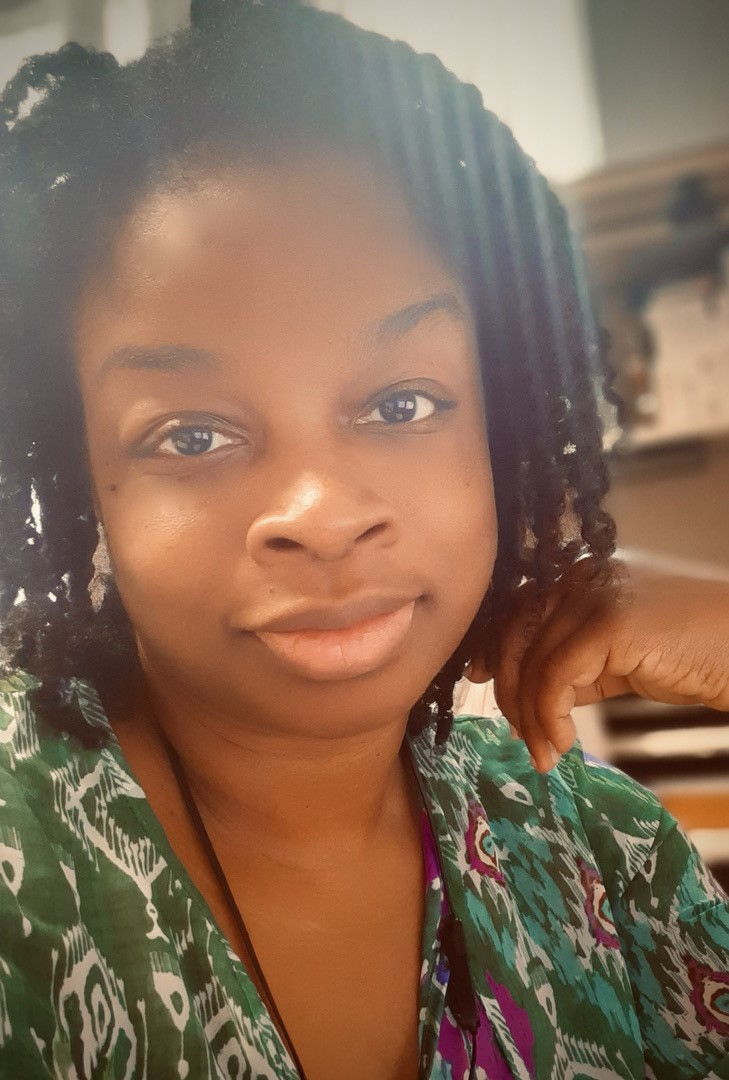 |
Giltrecia Head
Giltrecia Head is a fourth-year PhD student, coming from Florida State University’s American Dance Studies program in Tallahassee, Florida. Her research interests include the presence of black consciousness in historical movements, and particularly in Ghana’s Independence Era and during the United States Black Power Era. Viewing these movements from the lens of Dance and Cultural Studies and oral history, Giltrecia is interested in determining the ways that participants articulated the body in protest as symbolic representations of resistance and resilience. Giltrecia presented on surviving Africanisms in African American and Caribbean identities at the 2021 National Popular Culture Association Conference. Her presentation research focused on the Blues aesthetic for preserving social and cultural dance traditions as a survival mechanism in twenty-first century United States. Her contact email is gxh395@miami.edu.
|
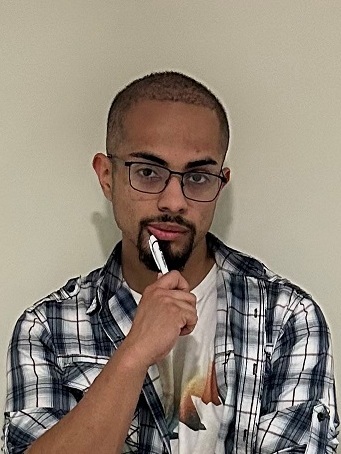 |
Kaleb “Kaito”/カイトHernández
Kaleb “カイト” Hernández is a Ph.D. student in History at the University of Miami, specializing in Latin American and East Asian transnational relations during the late Cold War. His research uses Chile and Japan as case studies to examine how Latin America–East Asia interactions from 1970 to 1989 shaped youth culture in both regions and how youth movements, in turn, influenced governmental approaches to diplomatic and cultural exchanges. By analyzing these cultural and political dynamics during a period of intensified globalization and ideological competition, he explores their lasting impact on contemporary Chilean and Japanese society. He employs archival analysis, oral histories, and digital mapping tools like ArcGIS to trace these connections. His advisor is Dr. Michael Bustamante.
He has presented at international conferences, including at Ritsumeikan University and Freie Universität Berlin, and his work on Korean comfort women has been published in the Webster Review of International History. Kaleb has received multiple research grants, including the Carnegie Mellon Research Grant and the University of Wisconsin–Madison Research Grant, supporting his work on transnational cultural exchanges. Kaleb received his BA in History with honors from FIU. Prior to graduate school, he was a History and ESOL teacher at IMater preparatory academy.
He can be reached at: kdh117@miami.edu
|
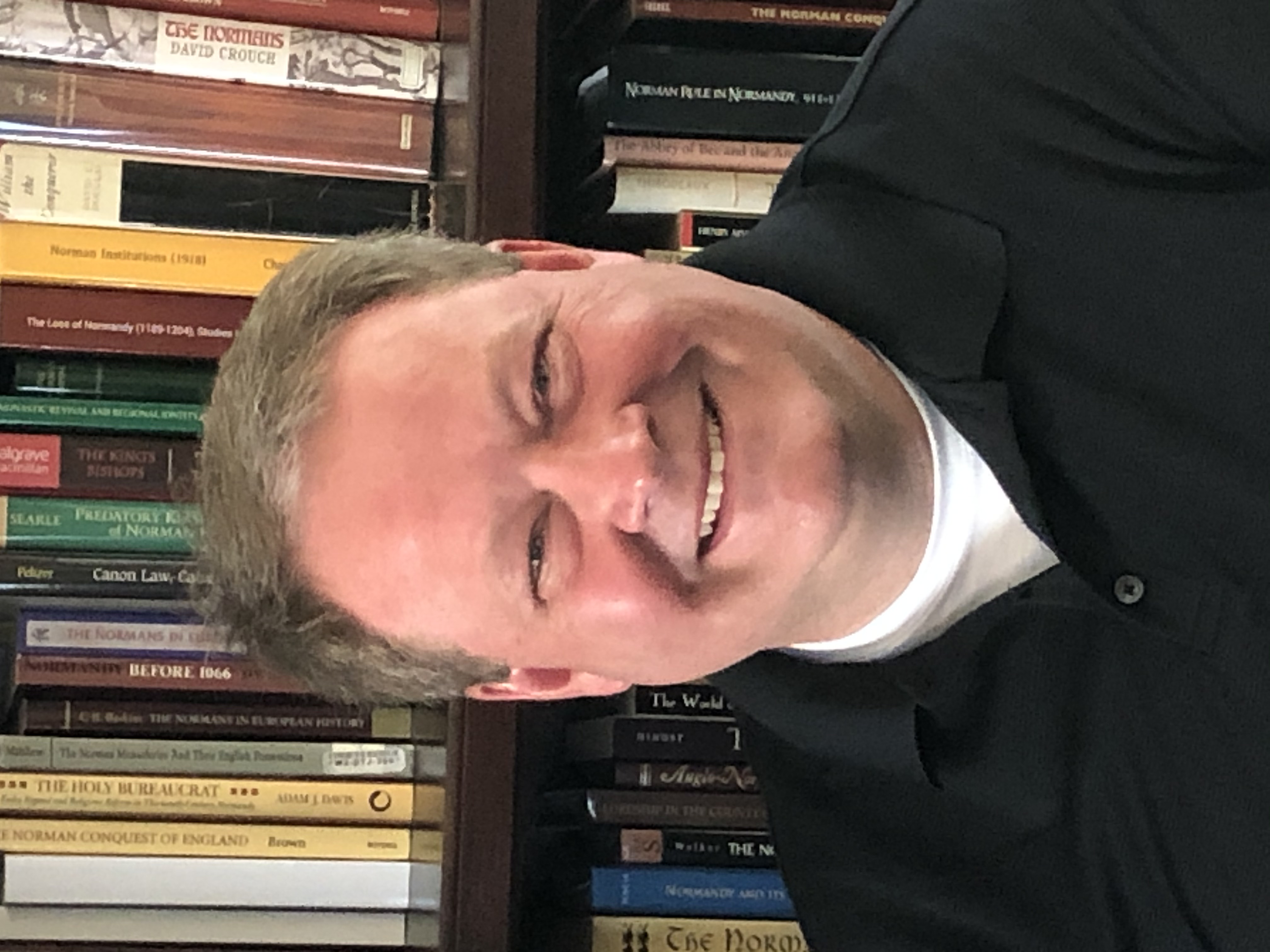 |
Tim Martin
Tim focuses on Medieval history and Early Modern Studies. He is interested in the roles that secular clergy played among the northern European nobility (in clerical warfare and the use of violence), particularly during the Angevin period of the eleventh through thirteenth centuries. He is researching the relationship between Geoffrey, Archbishop of York, and his dual roles as a secular lord and a member of the secular clergy as a dynastic counterweight against the rebellious sons of Henry II, King of England. He analyzes the importance that illegitimacy and royal blood played in the succession crisis. Other areas of academic interest include medieval history, Roman history, medieval and early European medicine, particularly diseases and epidemics, the role of the environment throughout history, and military history. Tim is a fourth-year doctoral candidate at the University of Miami and joined the Department of History in the fall of 2020. He completed his Medieval and Early Modern Graduate Studies Concentration in the spring of 2023. Originally from Minnesota, he previously attended St. Cloud State University, where he received his B.A. in History in 2008 with honors and later earned a M.A. in History in 2018. His MA thesis, “Miter and Sword: Fighting Norman Bishops and Clergy,” was awarded the 2019-2020 Distinguished Master’s Thesis Award from St. Cloud State University. Tim also earned a Master of Theological Studies from the School of Theology and Seminary at St. John’s University in 2020. He has presented papers at the Phi Alpha Theta History Honor Society Biennial Convention, the International Medieval Congress in Leeds, England, and several regional conferences. Most recently, in 2023 he was selected for a teaching fellowship through the University of Miami Graduate School’s Teaching Academy. Tim can be reached by email at trm928@miami.edu.
|
 |
Alison McCann
Alison McCann is a fourth-year Ph.D. candidate with a research interest in 19th-century United States History. Her dissertation “Until Freedom Be Done: Black American Colonization to Liberia, 1830-1880” focuses on the removal of black Americans from America to their “promised land,” Liberia, Africa. Alison is telling a new story about these black settlers. While many scholars have produced groundbreaking research on black colonization, she takes a new approach by closely examining black settlers' dynamism—their multifaceted ideas, actions, and experiences. Her work also situates this story within the history of the American empire. By examining the Black American experience abroad, she shows how Liberian colonization was intrinsic to 19th-century American expansion.
Alison’s past accomplishments include being a Dean’s Fellow in 2022 and a SHEAR DEI fellow. She presented her research in Philadelphia, Pennsylvania, at the annual SHEAR conference in 2023. Alison is working with Dr. Scott Heerman. She can be reached at axm3158@miami.edu
|
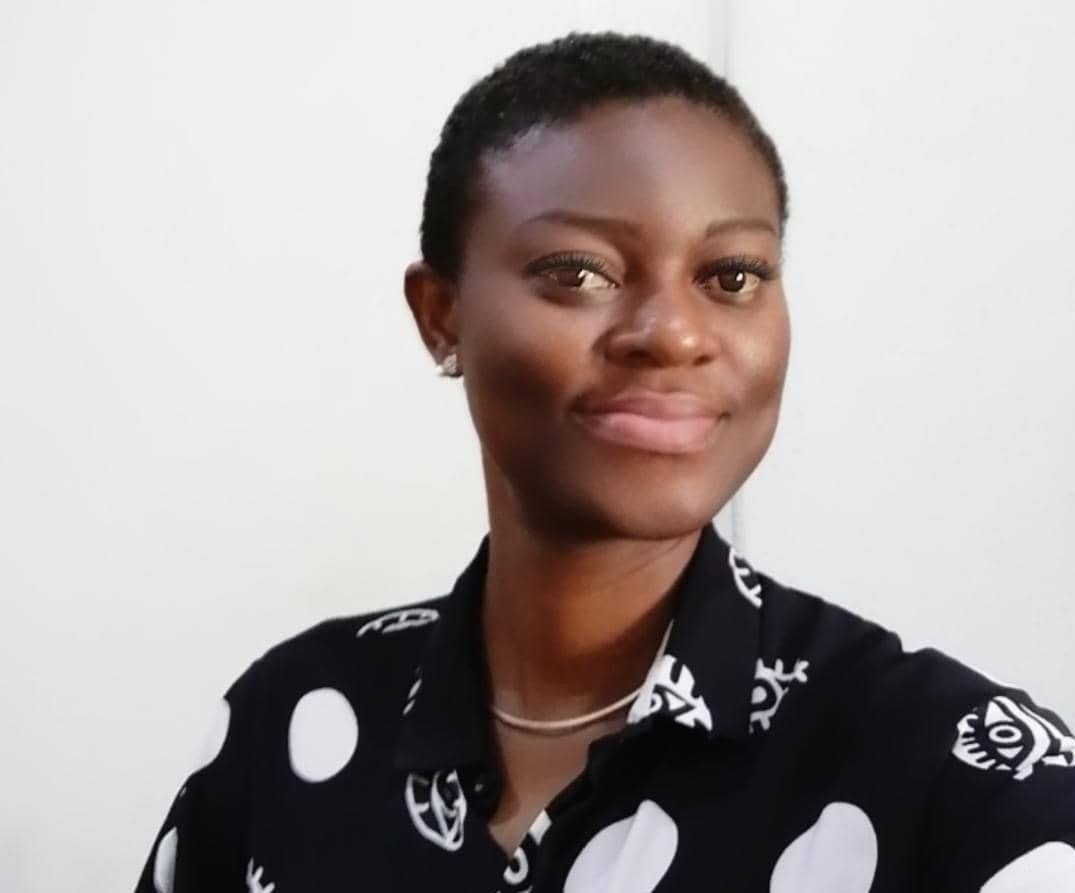 |
Olive Chinoyerem Nwosu
Olive is a doctoral student in African History, advised by Professor Edmund Abaka. She is interested in commodity trade in colonial economies and how colonialism affected African economies, especially in Nigeria.
She also studies the African Diaspora, the Atlantic World, and Gender Studies. Aside from her professional experience in market research analysis and fieldwork in the agro and telecommunications sector, Olive is passionate about youth community outreach on substance abuse, prison inmate reform, and juvenile rehabilitation.
Olive earned a Bachelor of Arts Honors in History and International Studies at Adekunle Ajasin University Akungba, Ondo State, Nigeria. You can contact her at ocn13@miami.edu
|
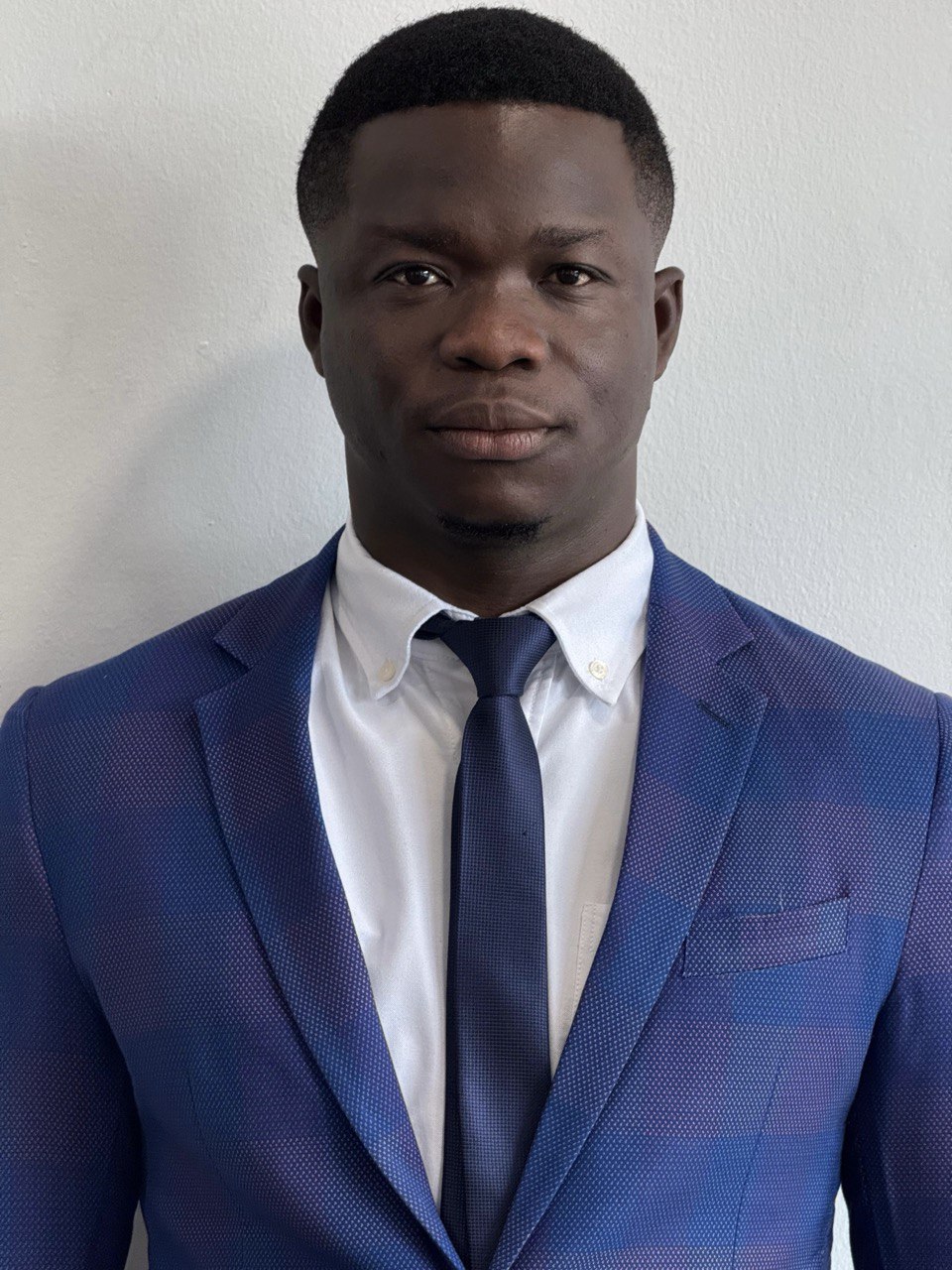 |
Solomon Nyarko
Solomon Ohene Nyarko is a doctoral student specializing in African history at the University of Miami. His research focuses on shea butter production and trade in Northern Ghana from approximately 1850 to 1960, emphasizing the economic significance and impact on local societies. He also explores themes of sustainability, women's empowerment, and the relevance of shea butter for the global market. His advisor is Professor Edmund Abaka.
He holds a B.A. in History / Geography and Resource Development from the University of Ghana, where he also served as a teaching assistant in the History Department. Additionally, he worked as a history and geography tutor at MCS International School, which follows the Cambridge Curriculum. Solomon can be reached via email at son5@miami.edu
|
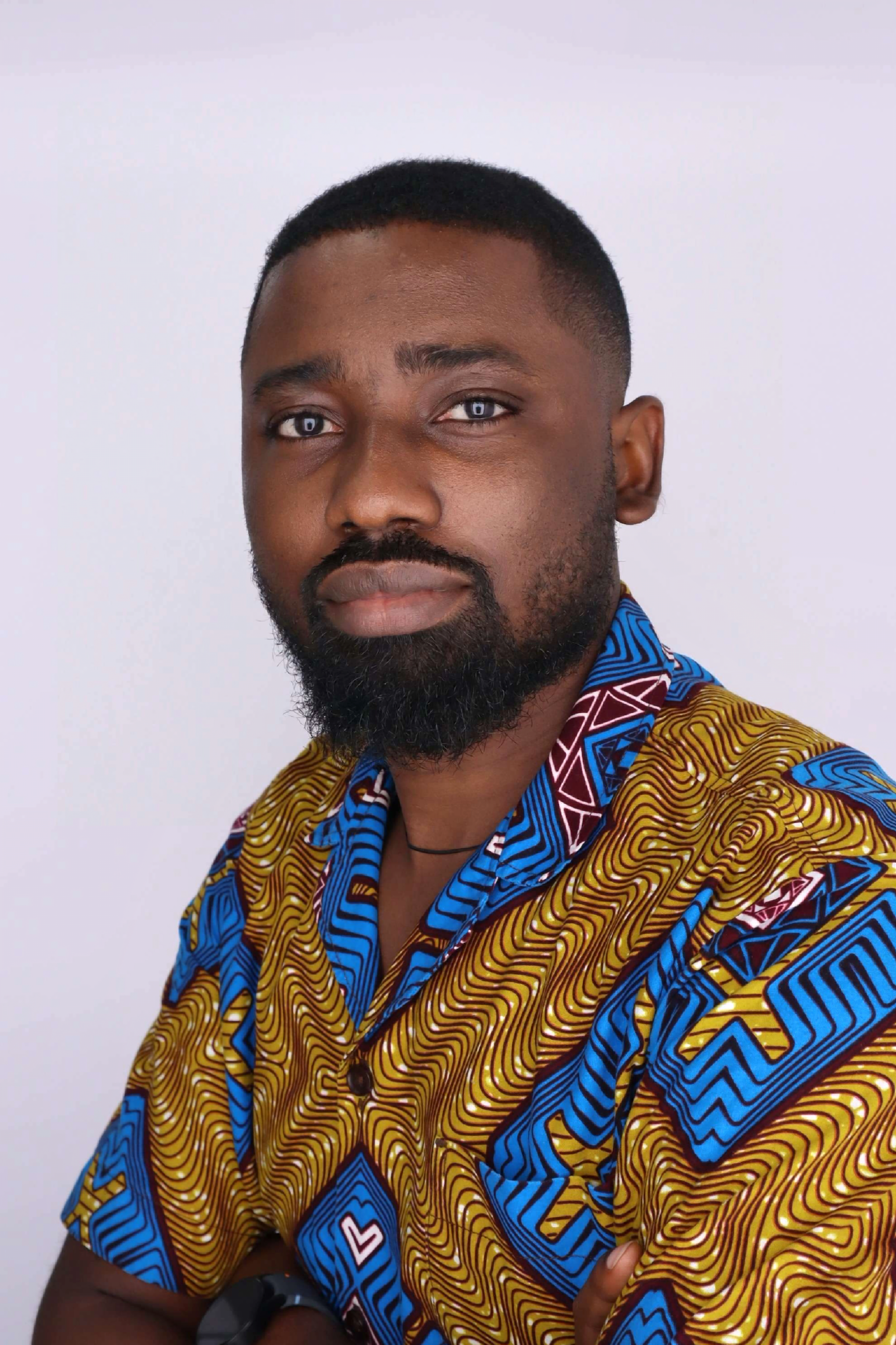 |
Bright Akrofi Erasmus Petiafo
Bright Akrofi Erasmus Petiafo is a PhD candidate in African History in the Department of History at the University of Miami. His research spans the social, economic, and cultural histories of Ghana and Africa, with a specific focus on colonial rule, commerce, transportation, and popular culture.
His dissertation project, tentatively titled “Beyond the Rails and Roads: River Ferries and the Political Economy of the Gold Coast/Ghana, 1874 – 1960,” sits at the intersection of the histories of infrastructure, economic exploitation, colonial rule, and resistance to colonial power and authority. Long overlooked in Ghanaian historiography, Bright’s research centers river ferries as a crucial economic, transport, and communication infrastructure to the colonial society of the Gold Coast. River ferries facilitated economic exploitation and the extension of colonial rule, while simultaneously providing an avenue for contesting the power of the colonial government.
In 2024, Bright served as a UGrow Fellow at the University of Miami’s Center for Global Black Studies. He holds a bachelor’s degree in history and religious studies from the University of Cape Coast (UCC) in Ghana. He has taught undergraduate-level courses at the University of Cape Coast’s Department of History and Diplomacy (UCC) and College of Distance Education (CoDE). Bright can be reached via e-mail at bxp1265@miami.edu.
|
 |
Eric Osei Prempeh
Eric Osei Prempeh is a PhD student specializing in African history at the University of Miami. Prempeh’s research focuses on Ghana (West Africa), and his interests lie at the intersection of colonialism & empire building, public health history, gender, and women’s studies in the 19th and 20th centuries. His doctoral project broadly explores British colonial health policies for infants, children, and mothers in the Gold Coast (Ghana), particularly in Asante. His project investigates how medicine, colonial maternal welfare programs, and the complex roles of women medical officers (like doctors, nurses, and health volunteers) transform our understanding of British colonialism in Africa.
Prempeh completed his undergraduate studies at the University of Cape Coast, Ghana, where he also served as a Teaching Assistant in the Department of History (now the Department of History and Diplomacy). He was the President of the History Students Association for the 2019/2020 academic year at the University of Cape Coast and received awards for Best Student in History and Best Student in African History in 2020.
He has participated in conferences and seminars in Ghana and the United States. He recently co-authored a chapter titled “Barack Obama's Visit to Ghana” in The Obama Administration: Perspectives and Encounters Beyond America, edited by Dawn-Marie Gibson and Rachel Pistol (2025). In 2021, he published an ethnogenesis and ethnohistory paper titled "Historical Reconstruction of an Asante Ancillary State: Origin, Migration, and Settlement of Sekyere Kwamang," which is a chapter in The Asante World, edited by Edmund Abaka and Kwame Osei Kwarteng. Prempeh can be reached at exo307@miami.edu/eosei002@fiu.edu.
|
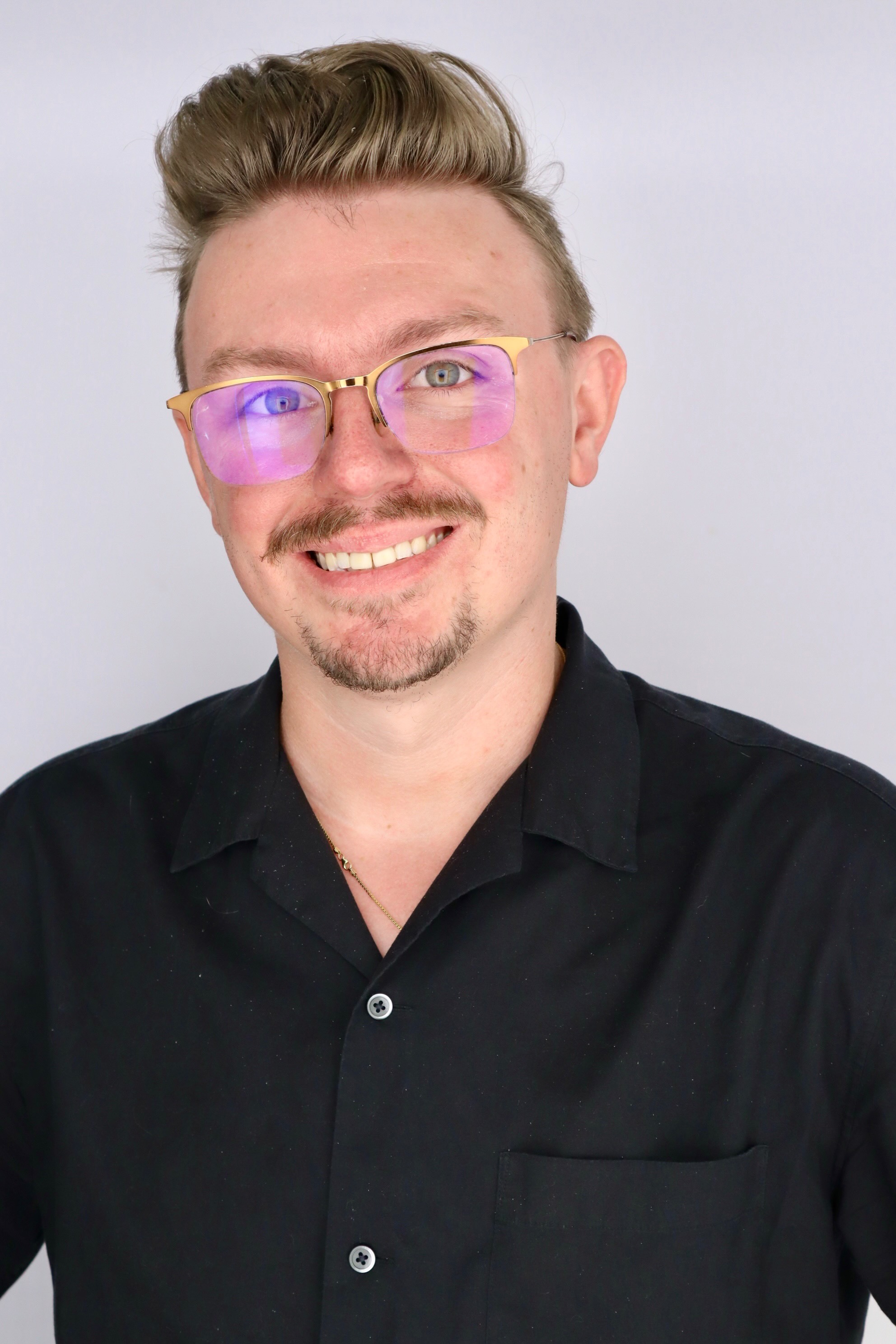 |
Bo Rodgers
Bo Rodgers is a doctoral student studying the intersections of race and slavery, politics, and emancipation in 19th century Cuba, as well as in the broader Caribbean and the U.S. South. His current project looks at how the significance of marronage was changed by wartime, specifically during the American Civil War and Cuba’s Ten Years’ War, and how enslaved people thought about impending emancipation and the political tools necessary to achieve it. Bo completed a BA in Spanish and MA in History at Florida International University in Miami, Florida. Bo can be reached by email at bar231@miami.edu
|
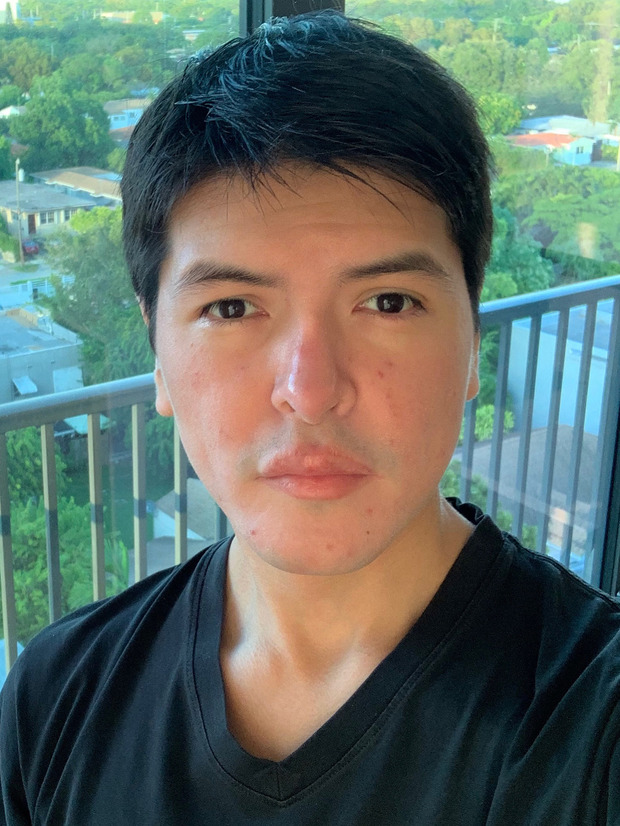 |
Paulo Salinas
I was born and raised in Arequipa, Peru (Runa). My research centers on the interplay between ideologies of hybridity and subordination, particularly in 20th-century Central America and the Andean region. I received my B.A. in History from Oregon State University, where I studied Native American and Chicano racial formation. I entered UMiami's History PhD program in the Fall of 2025. Feel free to reach out at pxs1276@miami.edu
|
 |
Nicole Sintes
Nicole Sintes is a fifth-year doctoral student in Early Modern Europe with a specialization on Spain. She works under the direction of Dr. Mary Lindemann. She is from France where she completed a M.A. degree in economic history in 2006 and a B.A. in Modern Languages Applied to Business in 2018. After several years working on medicinal plants, techniques, and economic circuits in the Mediterranean, she has then focused on manuscript recipe books. She won the 2021 Medieval and Early Modern Essay Award with her essay, “Hidden Science, Gendered Science? Recipe Books in Early Modern Spain.” She investigates the court and royal households from which some of these manuscripts originated, especially Empress Isabel of Portugal’s household. She examines how the numerous members of this household used this privileged proximity to gain social advancement for themselves, their family, and the members of their own household. Nicole’s investigation in Spanish archives has been supported by the Theodore R. Parker funds, the Al Nahmad funds, and the 2022-2023 Dissertation Fellowship by the Center for the Humanities at the University of Miami. Nicole can be reached at nxs1035@miami.edu.
|
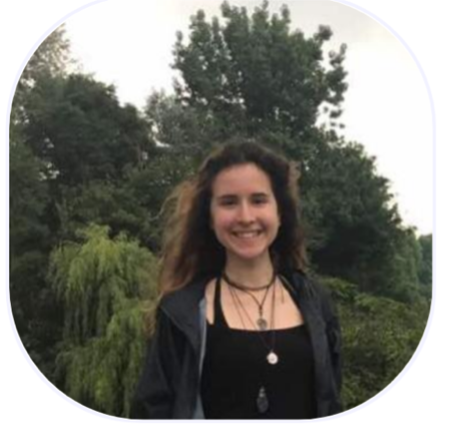 |
Adelina Tratarou
Adelina works on African history with a specialization in Ghana under the guidance of Professor Edmund Abaka. She is particularly interested in the nature and the role of the postcolonial state and the lives of migrant textile workers in industrial Ghana. She studied History at King's College London before embarking on a career in education, community outreach and the charity sector. Adelina can be reached at pxt264@miami.edu.
|
 |
J. Camilo Vera
J. Camilo Vera is a doctoral candidate studying the history of science, medicine, and society in nineteenth-century Latin America and the Caribbean. He works under the supervision and guidance of Professors Eduardo Elena and Kate Ramsey. His dissertation analyzes scientific expeditions in the region and their connections to the establishment of newly independent states (1795-1830). J. Camilo’s work considers the importance of scientific communities, knowledge of the natural world among local populations, and the circulation of ideas and material goods throughout the Atlantic. He argues that the interactions and connections that these expeditions facilitated for a large cast of characters led to the circulation of revolutionary ideas and the development of policies that were at times connected to ideas of citizenship and national identity. J. Camilo’s research and writing have been supported by grants from the Tinker Foundation, the Institute for the Advanced study of the Americas, and the Levine Latin American History Research Grant, among others. He has presented his work at the Caribbean Studies Association, the Association for the Study of the Worldwide African Diaspora (ASWAD), and the University of Miami’s Institute for the Advanced Study of the Americas. He can be contacted by email at j.vera@umiami.edu.
|
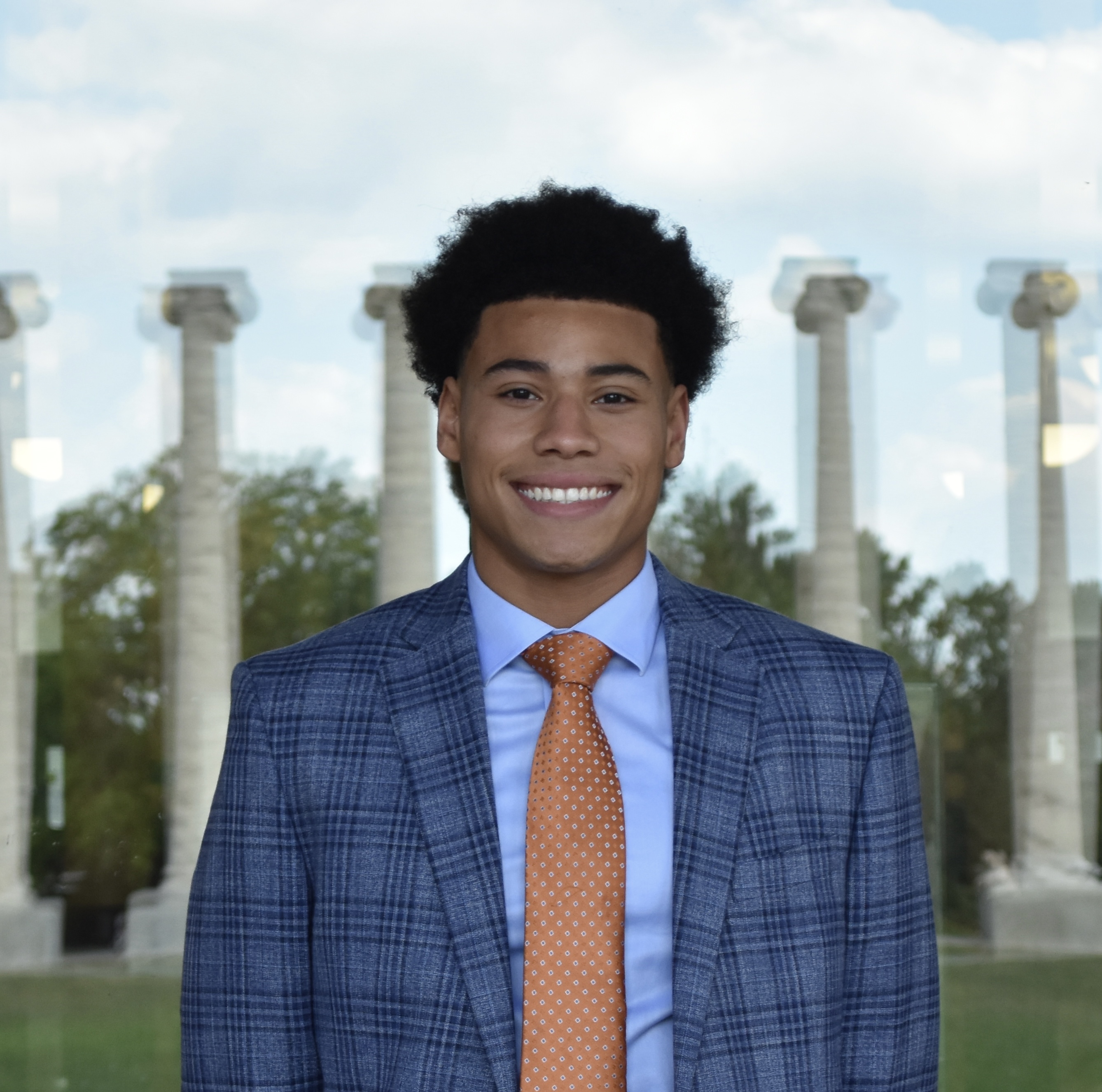 |
Kent Waller
Kent E. Waller is a Ph.D. student in History at the University of Miami. His research focuses on modern Latin America, with a particular attention on Argentina. He examines guerrilla movements during the 1960s and 1970s, analyzing the limits of armed struggle in shaping0 political and social transformations. His broader academic interests include the histories of modern Latin American politics, revolutionary movements, and insurgent activity across the region. He is advised by Dr. Michael Bustamante and Dr. Eduardo Elena.
Kent can be reached by email at kew91860@miami.edu
|























